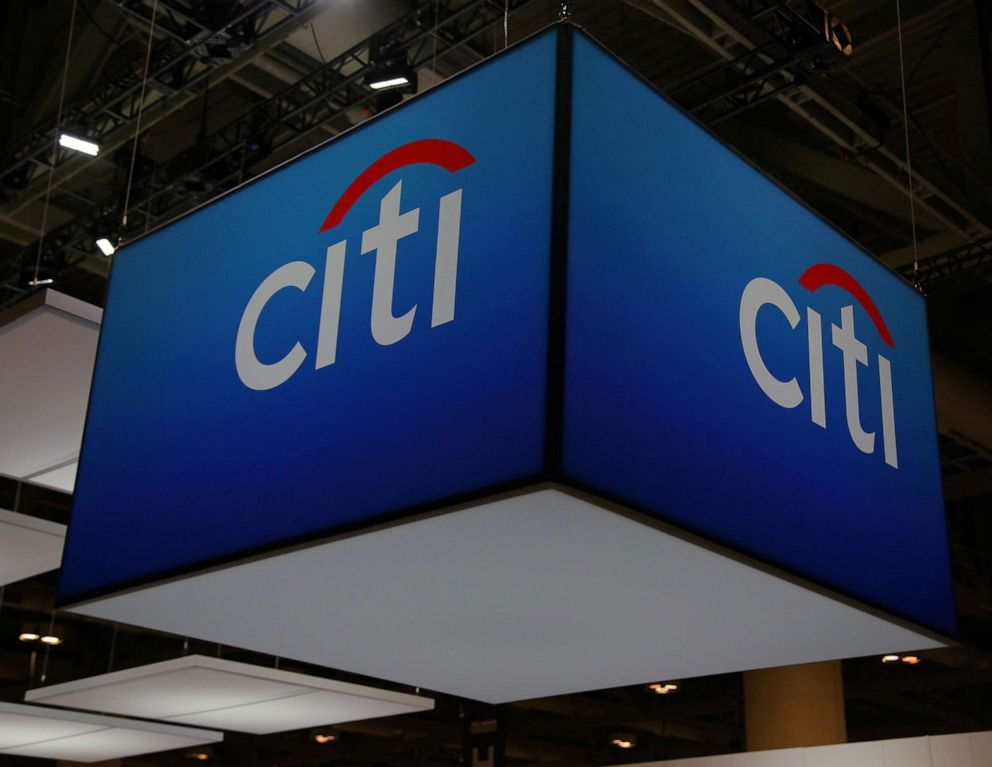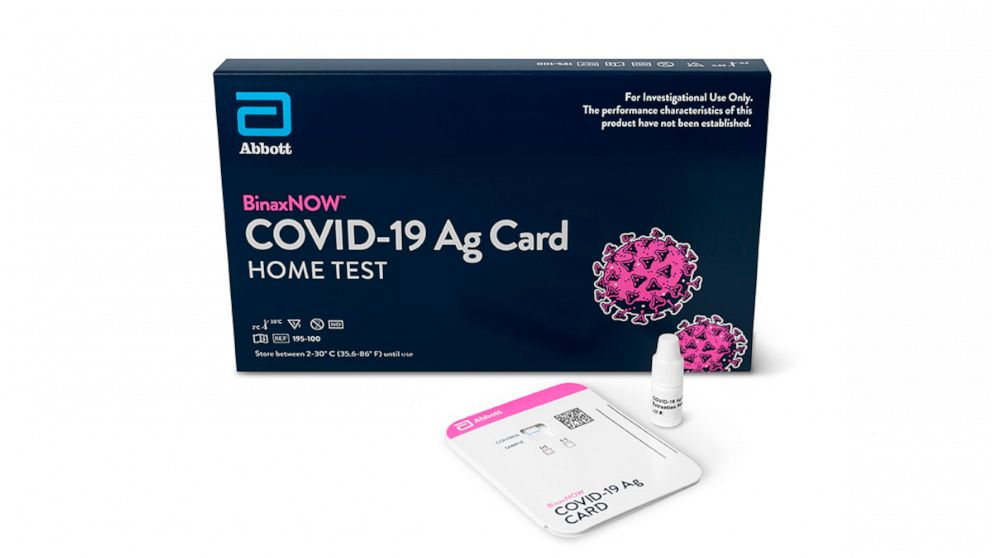Companies mull at-home testing options for return to work as vaccine supply soars
Citi is launching a pilot program to test its employees.
A new study is underway to see if at-home COVID-19 tests could pave the way to reopening America's workplaces.
Citigroup, a U.S. multinational investment bank and financial services company, is launching a pilot program with Chicago-area bank branch employees and its traders, headquartered in New York, aimed at allowing their personnel to utilize a rapid antigen test, provided by Innova Medical Group, before coming into the workplace.
"This at-home COVID-19 testing program uses a rapid antigen test, which provides highly accurate results within 20 minutes," said Dr. Lori Zimmerman, corporate medical director at Citi. "The science is clear: frequent use of low-cost, simple, rapid tests is highly effective in identifying people who are currently infectious, even if they are asymptomatic."
Employees involved in the pilot administer the test to themselves by swabbing their noses three times throughout the week -- Monday, Wednesday and Friday -- and are guided through the testing process by Bella Health, a health assessment app. In a matter of minutes employees can learn their test results. The app directs employees to notify an immediate manager in the event of a positive test result.
Citi has invited a thousand of its employees to participate in the pilot program, with the goal of eventually expanding it to all of its branch workers, which would increase the program's participation to more than 6,000 workers.
A Citigroup spokesperson told ABC News that the company does not plan to disclose details of the expenses related to launching its rapid-testing pilot program.
The tests, which are part of a larger study with Harvard University researcher Dr. Michael Mina, have yet to receive emergency use authorization from the Food and Drug Administration, so are not available for consumers in the United States.

"Frankly, I don't fully understand the hold up, I've seen the data from these companies," said Mina.
The FDA has authorized other rapid antigen tests and does not specifically speak about products under regulatory review.
"If a test comes to us with good data, we will authorize it as quickly as our scientific review allows," said an FDA spokesperson when asked about the authorization status of the Innova rapid antigen tests. "The FDA has and will continue to authorize tests when the data supports authorization. The FDA will not authorize tests where the data is incomplete or does not otherwise support authorization."
The FDA issued additional guidance on Tuesday for test developers seeking emergency use authorization of tests screening large groups of individuals for COVID-19 infections. It is guidance that could come in handy for employers and school administrators looking to stay a step ahead of asymptomatic cases and protect their workforce from bouts of coronavirus infection.
According to a study conducted at the University of Liverpool, researchers found the Innova Medical Group's test to demonstrate a 40% sensitivity rate. Other studies conducted by Oxford University and Public Health England found the test to be about 77% accurate.
"In general, antigen tests are very specific for COVID-19, but are not as sensitive as molecular PCR tests," according to the FDA. "Positive results from antigen tests, while generally highly accurate, may be subject to false positive results especially in areas where there are fewer infections."
Rapid antigen tests provide the advantage of lower costs, fewer supplies and speed that molecular PCR tests, which take one to two days for laboratory processing, still do not.
Another rapid test, the Abbott BinaxNow, is FDA authorized and available in the United States. The $25 test can also be done from home, but requires a prescription and virtual telehealth proctor to watch the process. Abbott has been conducting a similar workplace pilot program to the one Citi is starting with their own employees -- already distributing 400,000 test kits.

Early results have found more than 7 in 10 of the positive cases were discovered in asymptomatic patients using the BinaxNOW kits. Those people without symptoms likely could have returned to work and possibly spread the virus.
And in California, public schools in Fresno are now open for classes by regularly testing students and staff as they start the day with the Abbott BinaxNOW tests.
That quick turn around on the rapid antigen tests is also part of the reason why companies like Citi are eager to utilize them as part of their strategy to return employees back to work after months of having shut down hundreds of local Citibank branches.
With only about 12% of Americans now fully vaccinated according to the Centers for Disease Control and Prevention, coronavirus testing remains an important tool in tracking new cases and putting a halt to spread.
"We know this will help us protect our workers," said David Chubak, head of U.S. retail banking at Citi. "But even more than that, it will help us protect our clients, will help us protect and create greater safety, and a greater awareness in our communities as the vaccine is rolled out and help us restart businesses even faster than we are today."




